5 Ways Going Vegan Helps Our Planet


Table of contents
1. Meat production is really resource-intensive
Producing meat requires vast amounts of land, water, fertilizer, and oil. According to the Environmental Protection Agency, it takes 1,100 gallons of water to produce just two pounds of chicken. That’s not even an entire chicken (or a really little one!) and it’s enough water to fill about 25 bathtubs.
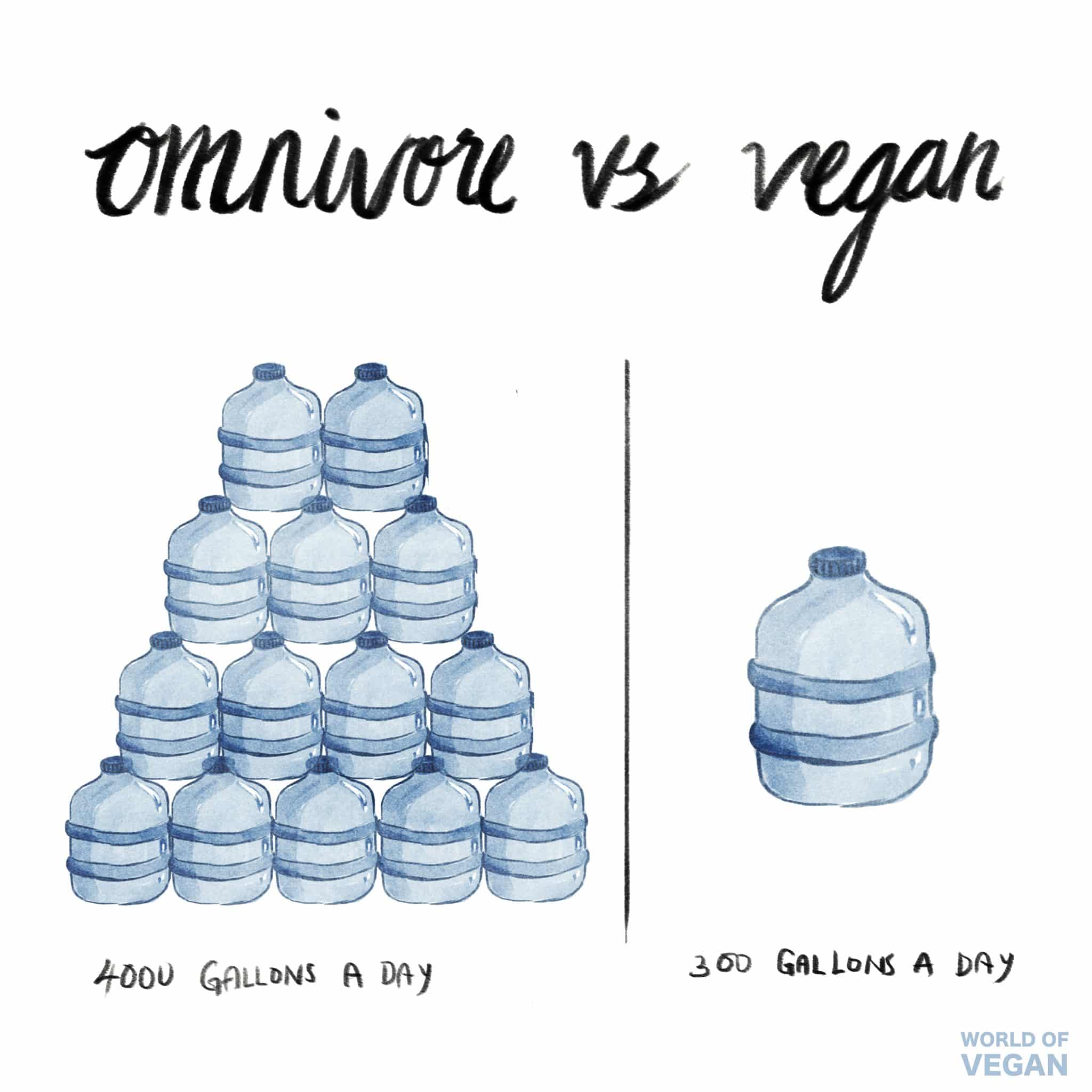
2. Animal agribusiness produces massive amounts of greenhouse gases
The United Nations Food and Agricultural Organization said that animal agribusiness is responsible for about 15 percent of all human-induced greenhouse gas emissions. Plant-based foods, on the other hand, have a much lower carbon footprint than animal-based foods.

3. Meat production is an inefficient way to use our resources
The amount of crops currently fed to farmed animals could feed an extra 4 billion people. International relief organization Oxfam estimates that about 795 million people suffer worldwide from malnutrition. So we’re actually feeding more grains to farm animals than we could use to address global malnutrition.
4. The fishing industry takes a huge toll on our oceans
Not only do fishing trawlers scrape the bottom of the ocean floor destroying everything in their path, but they’re also destroying the great mammals of our oceans.
According to the National Resources Defense Council, nearly 650,000 marine mammals (including whales and dolphins) are killed accidentally every single year by fishing vessels. For comparison, commercial global whaling kills about 2,000 animals. The greatest threat to whales isn’t whaling boats but rather our consumption of fish.

5. Eating a plant-based diet helps wildlife
The Centre for Biological Diversity found that 80 percent of agricultural land in the United States is used to raise animals and their feed. Natural vegetation is destroyed to make room for growing crops to feed farm animals, which destroys natural habitats, delicate ecosystems, and native species.
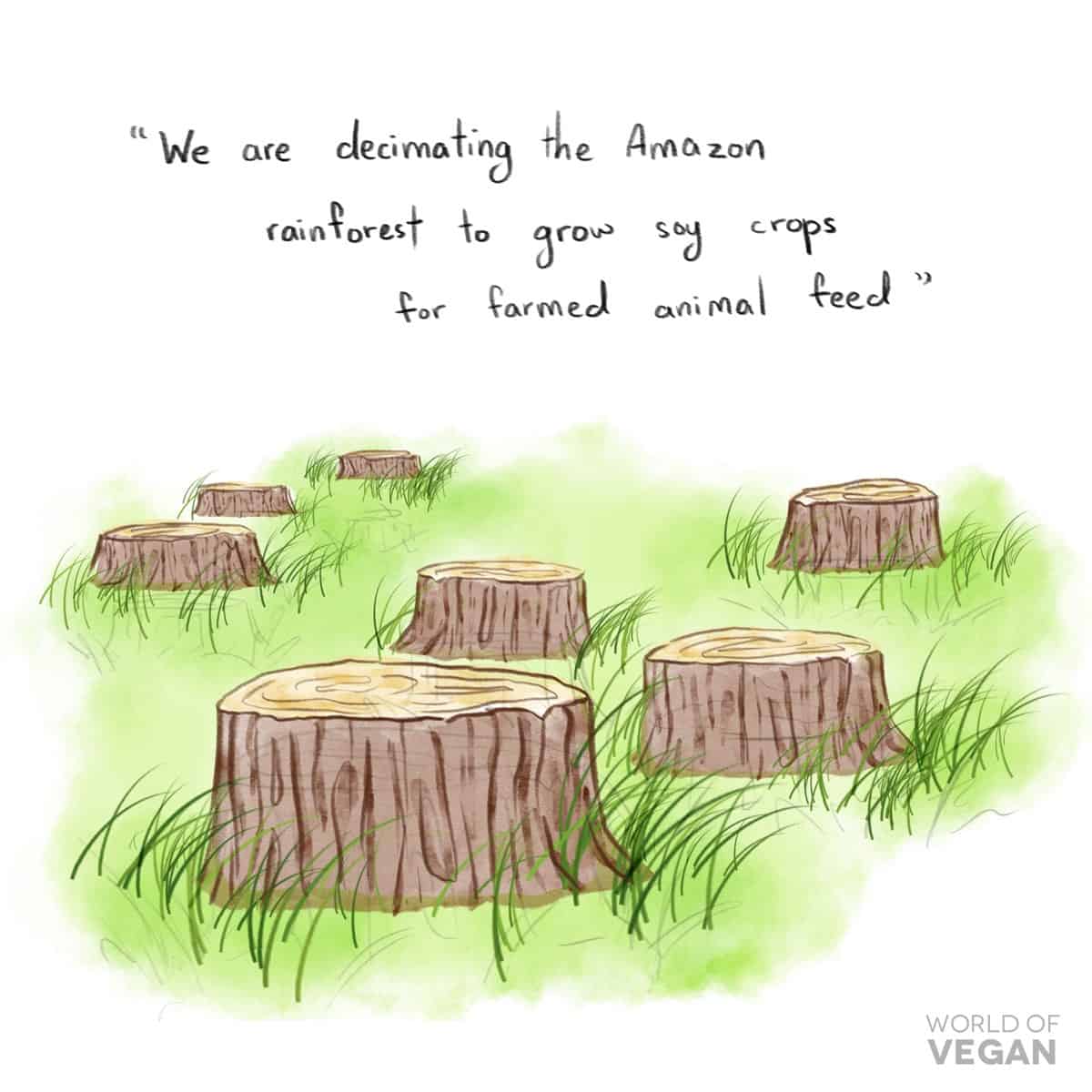
Join The Green Revolution
When we eat our vegetables we’re not just making our moms happy. We’re making Mother Earth happy too. Going vegan is a powerful way to protect our planet, decrease our carbon footprint, and make a positive impact on climate change—one forkful at a time!
Whether you choose to go vegan for ethical or environmental reasons, there are plenty of delicious and nutritious plant-based options out there to explore. So why not give it a try and see how you can make a positive impact on our planet? Remember, every small action counts and collectively, we can make a big difference in creating a sustainable future for all.
You can read more tips from Kristie Middleton at her website and in her book: Meatless: Transform the Way You Eat and Live One Meal At A Time.






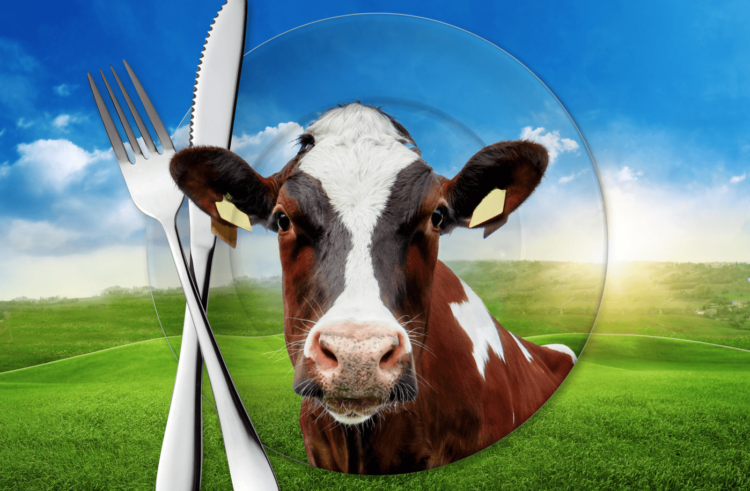
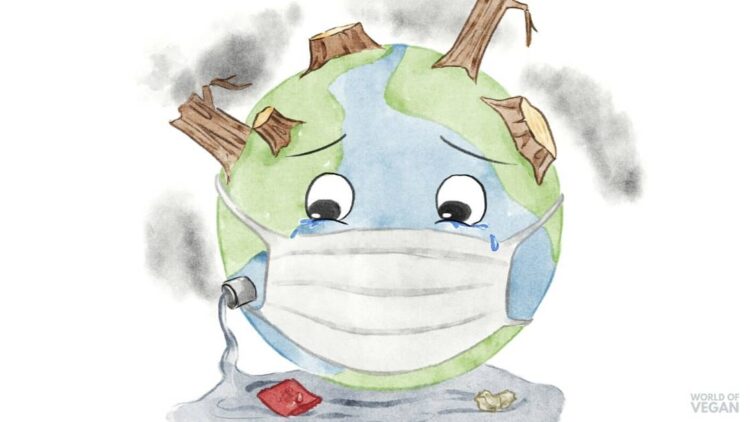
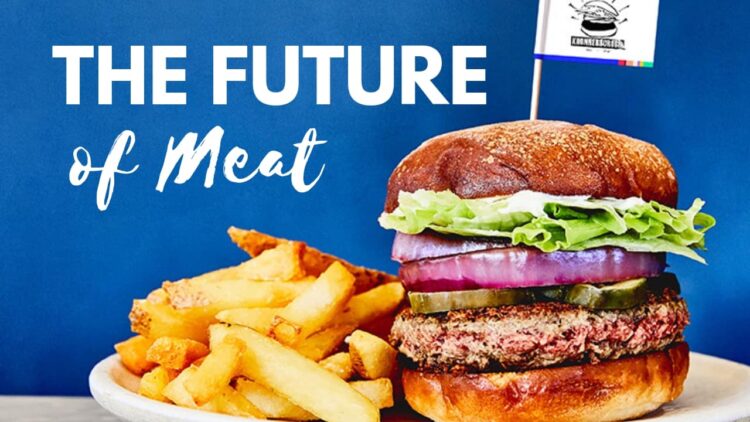
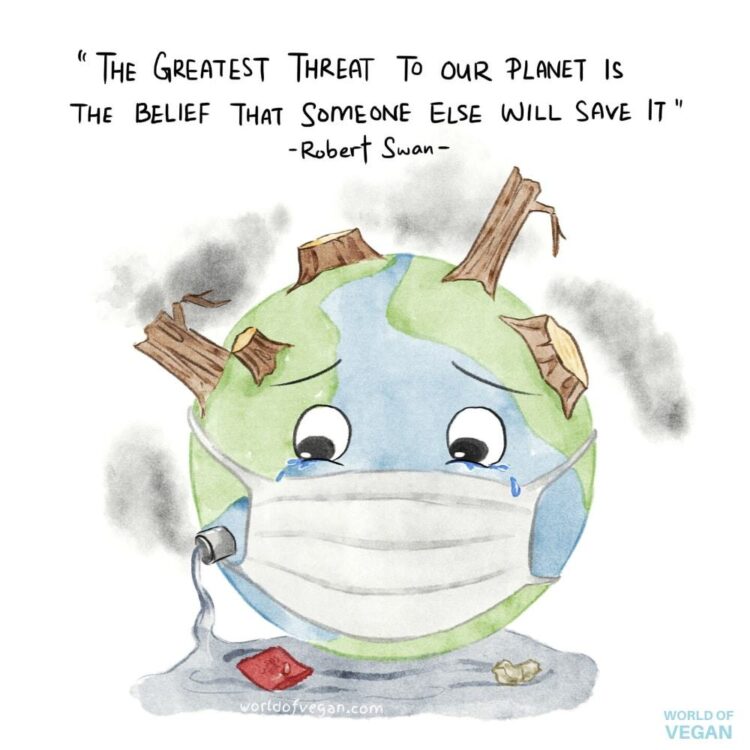
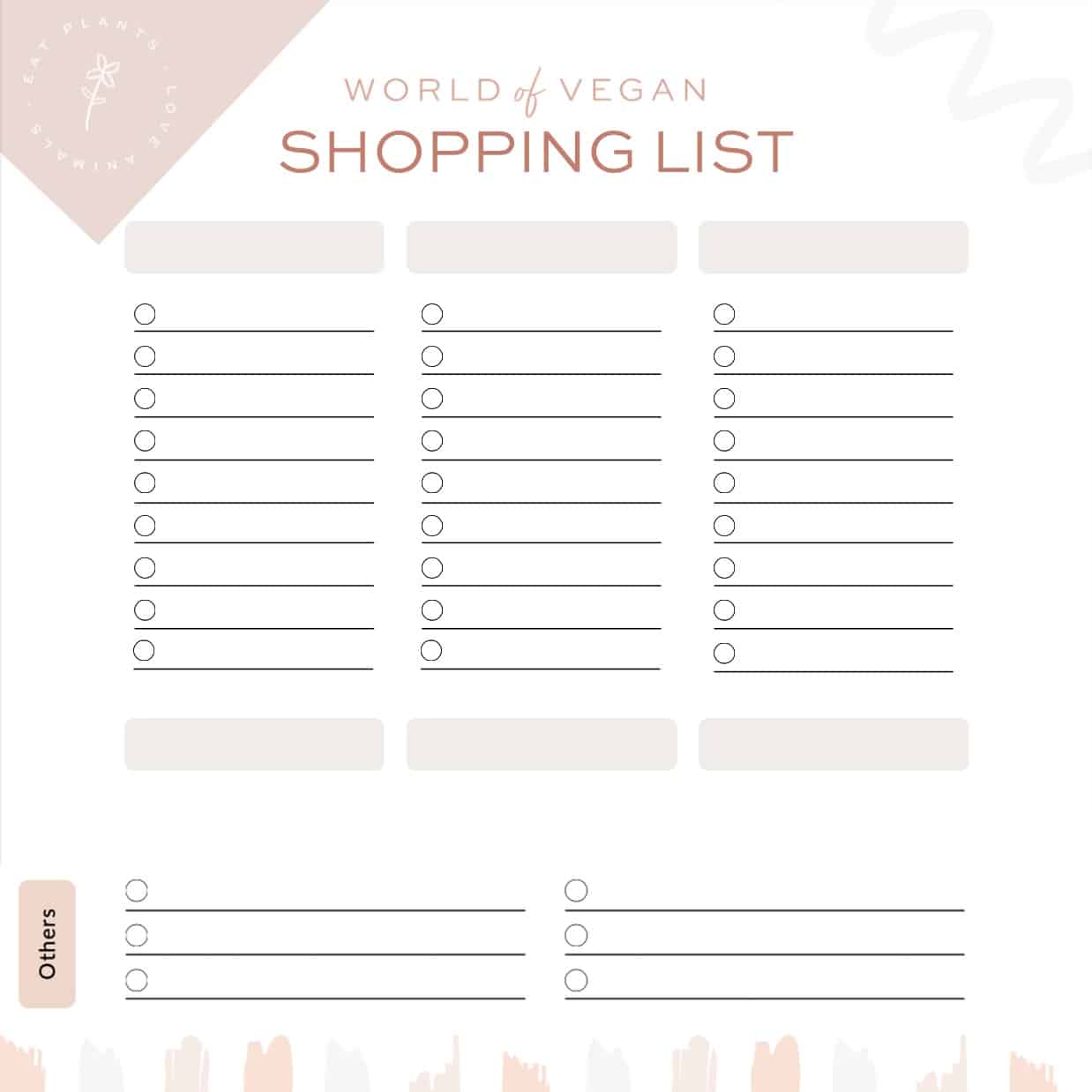
Leave a Comment